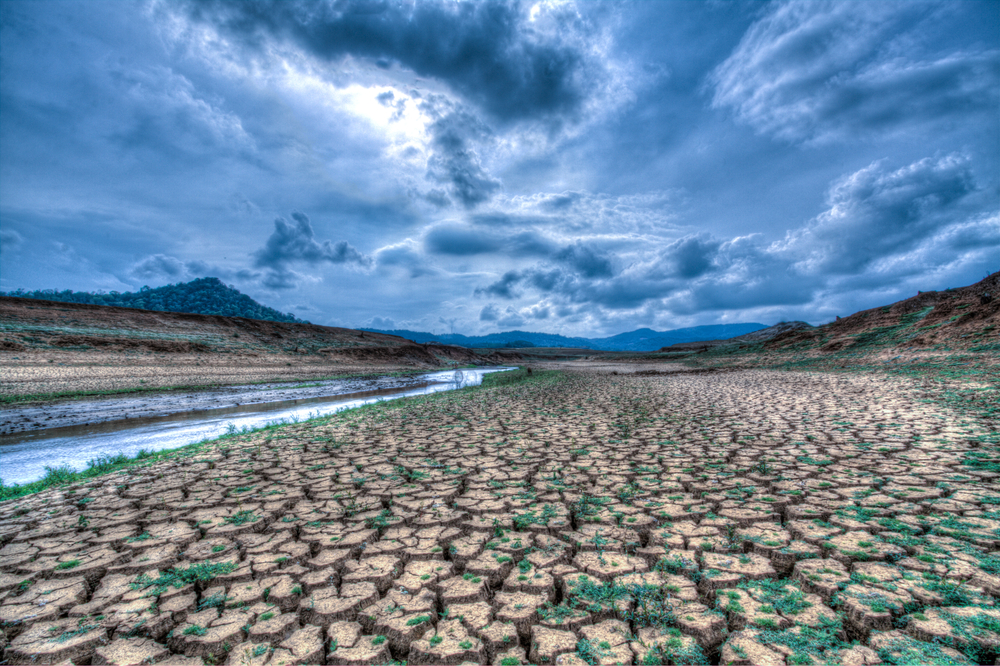Oct 27 2020
The North and South, rural and urban regions of the United States form an intricate mix of cultures, life experiences, and mindsets.
A new study by researchers from Stanford University, Resources for the Future, and ReconMR reports that such state-by-state differences impact climate attitudes and opinions.
 Image Credit: Siyapath/Shutterstock.com
Image Credit: Siyapath/Shutterstock.com
The report is the latest issue of Climate Insights 2020, a seven-part series that describes American opinions, attitudes, and beliefs on policies related to climate change as well as its mitigation. The latest issue integrates information from 27,661 respondents into a separate dataset, further separating those data by state.
By this special formulation, the report shows regional and state opinions on climate change and their possible effects on voting just days ahead of the presidential election.
Apart from evaluating where each state stands on a range of climate-related problems, the report accounts for the differences between states by using indicators varying from state-level politics to normal temperatures to residential energy prices.
Top Findings
- Most of the residents in all states studies hold “green” opinions—for instance, over 70% of residents in all states think that climate change has taken place.
- A minimum of 60% of people in all states studied think that climate change will be a serious issue for the United States and the world.
- The “issue public”—the people who think climate change is extremely personally essential and vote based on the problem—changes from state to state. In Rhode Island, 33% of people care more about climate change, whereas in South Dakota, just 9% do so.
- People in states that bestowed more votes to President Trump in the 2016 election exhibited a reduced level of acceptance of the basics of climate change and lower support for particular policies for its mitigation.
- The higher the majority expressing “green” opinions on climate change, the more likely their US congressional representatives were to vote for “green” policies. The more a state’s population is ardent regarding the problem, the more likely representatives are to vote for those policies.
These data provide strong signals to many policymakers about how their constituents would like them to vote on legislation related to global warming. With just over a week until the presidential election, these findings document the likely role that climate will play in voting decisions from coast to coast.
Jon Krosnick, Study Co-Author, Professor and Social Psychologist, Stanford University